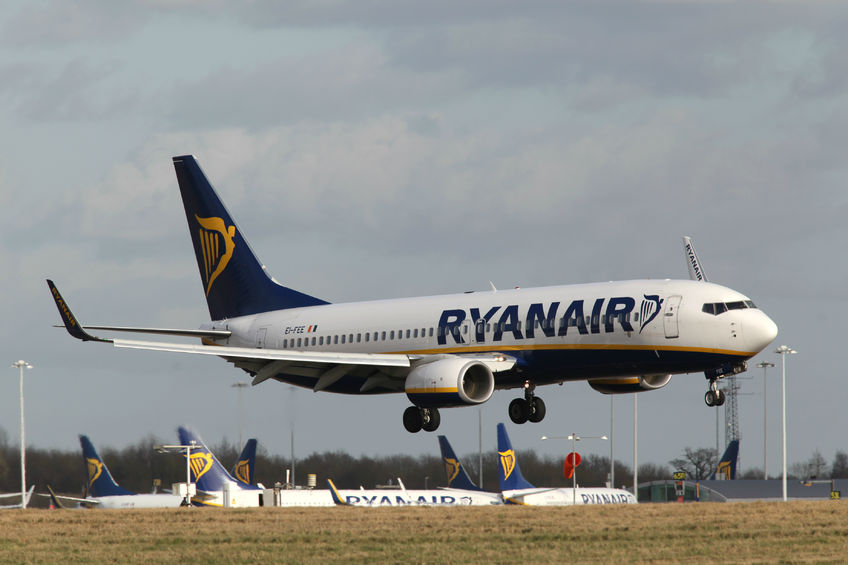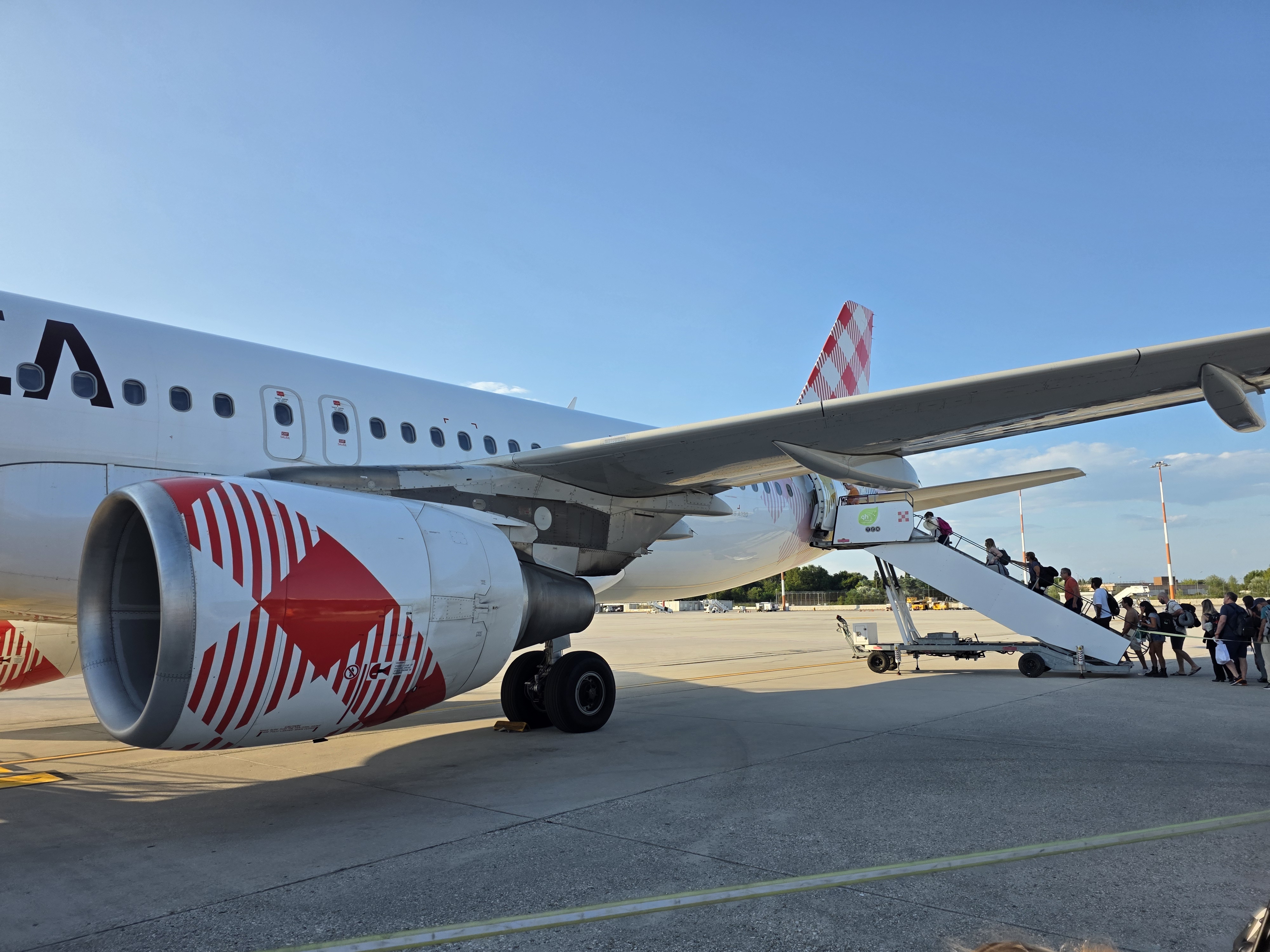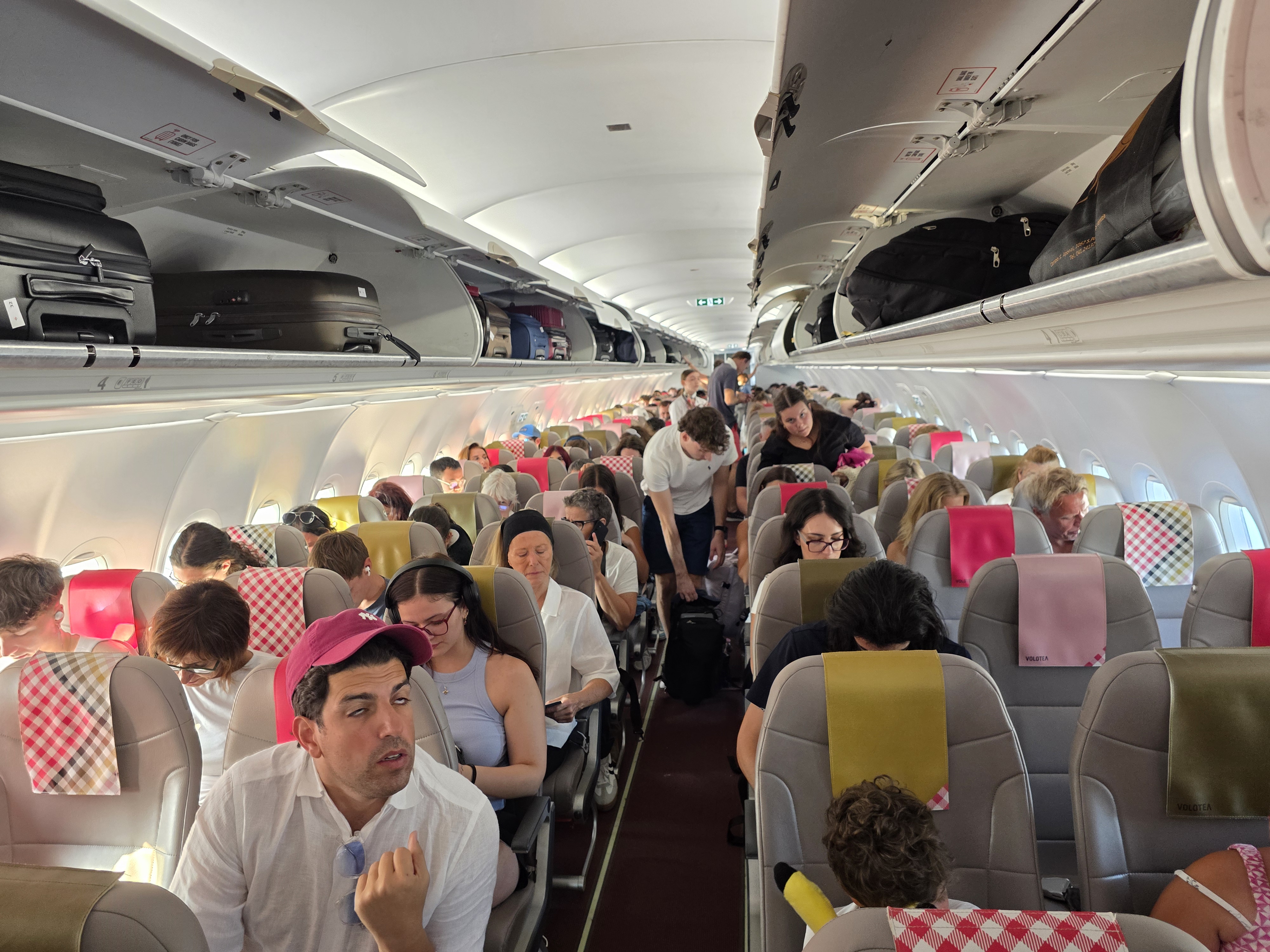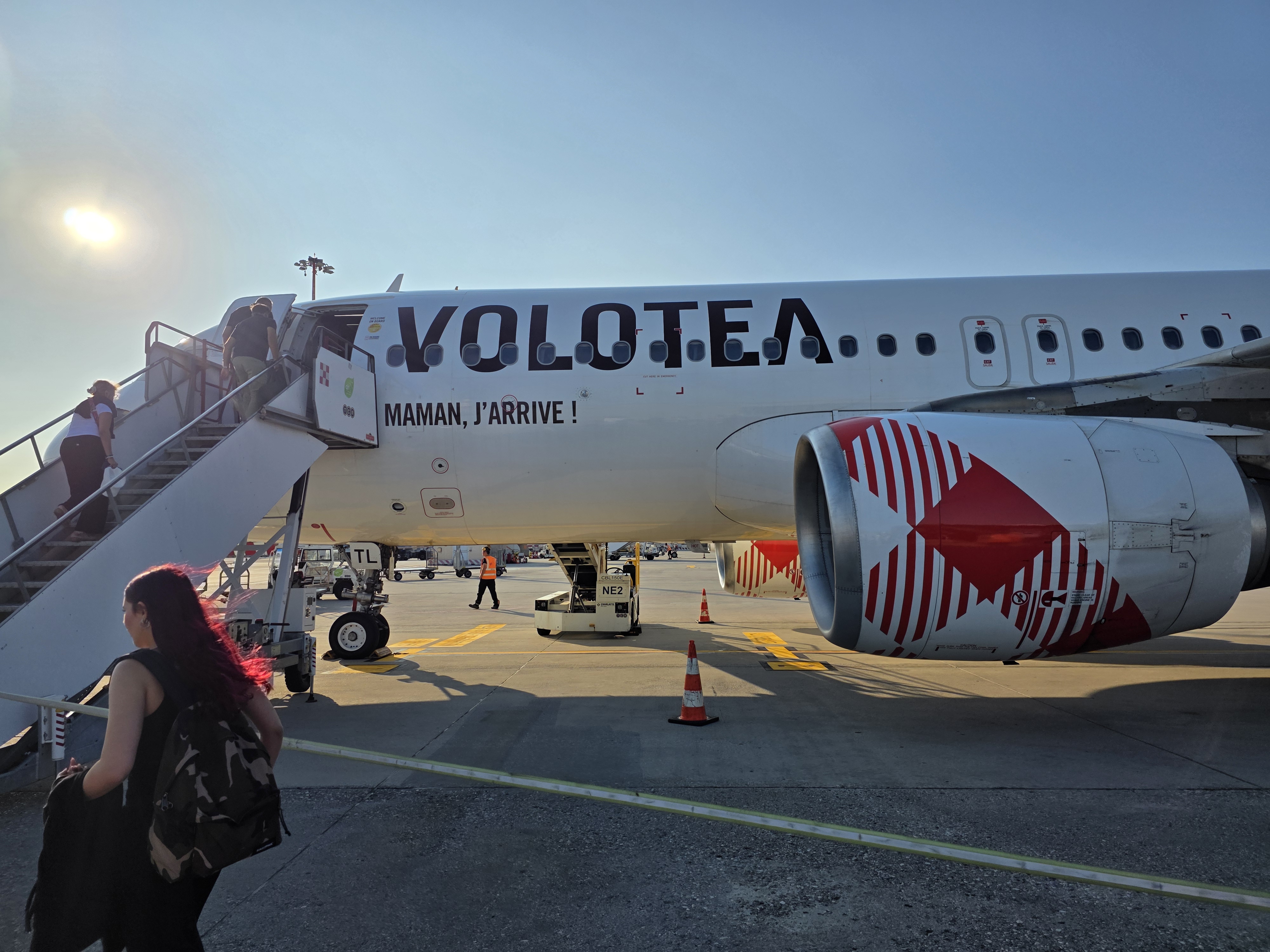Ryanair says that its Prime loyalty program was “too generous.” They’ve shut down the “Ryanair Prime” paid membership just eight months after launch, stopped taking new signups, and will let the roughly 55,000 existing members ride out their 12-month terms.
Officially, the story is simple: they were too generous.
- Prime generated about $5.1 million in subscription fees but delivered $7 million in discounts.
- That’s a $1.9 million loss before you even count operational overhead.
- For 55,000 members – a tiny slice of more than 200 million passengers a year – it just isn’t worth the effort.
That’s the surface explanation. It’s also a very convenient one.

What Ryanair Prime Actually Was
Ryanair Prime was sold at $92 (€79) a year and pitched as a “members’ club” for frequent flyers. The core benefits:
- Free reserved seat selection on up to 12 flights
- Travel insurance included
- Monthly access to exclusive member-only seat sales
Ryanair publicly capped membership at 250,000 and marketed Prime as offering potential savings of up to ~€420 a year for someone flying at least a dozen times, ‘Give us €79 now, and we’ll stop nickel-and-diming you quite so hard on seats and discounts later.’
The Program Lost Money – Because Nobody Wanted It
Effectively the program cost more money than it generated and doesn’t justify the time and effort to run monthly exclusive seat sales for such a small group. But it isn’t about being “too generous.” It’s about lack of customer demand. Almost nobody wanted it!
Ryanair wanted up to 250,000 Prime members. They got 55,000. If they had actually hit the cap:
- Subscription revenue would have been roughly 4.5x higher
- Fixed costs and IT overhead would be spread across a much larger base
- The “we were too generous” story would be harder to sell
Instead, the program barely got traction. That’s not a generosity problem. That’s a product–market fit problem. Most Ryanair customers are extreme price shoppers. They don’t see themselves as “members” of anything – they just want the cheapest seat on that day, on that route. Trying to bolt a quasi-Amazon-Prime subscription on top of that is asking a very transactional customer to become loyal in a way the overall product doesn’t support.
It Undermined Ancillary Revenue
On an ultra-low cost carrier, ancillaries are the business model:
- Paid seat selection is a big line item
- Insurance is typically sold with a margin or rev share
- Flash sales and promo codes are used tactically to fill marginal seats
Prime did all of this:
- Free reserved seats on up to 12 flights a year – directly cannibalizing paid seating
- Included insurance – undercutting separate insurance sales
- Members-only seat sales – extra discounting on top of already discounted fares
If you believe Ryanair’s own marketing about “up to €420” in annual savings for a €79 fee, they essentially built ‘pay once, and we’ll stop charging you some of the fees we’ve trained you to accept.’
It’s not surprising they’re now spinning this as “we were too generous.” In plain English: we built a product that encourages our best customers to stop paying high-margin fees.
Operational And IT Pain
Ryanair marketer Brady also complained about the “time and effort” required to run Prime for 55,000 members. That’s not about generosity; that’s about complexity.
A subscription like this creates all sorts of headaches:
- Special-case logic in booking flows and seat maps (“Prime free seat” vs regular seats)
- Customer service problems when discounts or free seats don’t apply correctly
- Coordination between marketing, revenue management, and IT around those monthly sales
All of that infrastructure has to be maintained. If you only have 55,000 people in the program, you’re carrying the cost and complexity of a full-blown loyalty product for what is, to Ryanair, a rounding error of the customer base.
They’re Now Retroactively Calling It A “Trial”
Ryanair is now describing Prime as an “8-month trial.” Earlier marketing didn’t clearly sell it that way. Members were buying a 12-month subscription, not joining an obvious beta test.
This is classic ex-post narrative management:
- If it works: “Ryanair revolutionizes loyalty with Prime.”
- When it doesn’t: “It was only a trial, we learned customers loved the value too much.”
Cherry-Picked Economics
“€4.4 million in fees vs. €6 million in discounts” is a deliberately simplified P&L. In any serious internal analysis you’d also ask:
- How much incremental flying did Prime members do because they joined?
- What’s the breakage on unused free seats and unrealized discounts?
- Did the program pull traffic away from competitors?
- How much of the “discount value” was on seats they’d have had to price aggressively anyway to fill?
Instead, we get a very clean story: “We gave our customers too much, and we’re just that committed to low fares for everyone that we had to shut it down.”
Paid Loyalty Can Work For Low-Cost Carriers – Ryanair Just Did It Wrong
Ryanair’s spin is that paid loyalty “just doesn’t fit” a mass-market, ultra–low cost model. But that’s not actually true. Volotea has been running its Megavolotea subscription for years, and by all indications it works just fine.

Megavolotea (and the richer Megavolotea Plus tier) is structurally different from Ryanair Prime. For roughly the same price point – around €70 – €80 a year – Volotea gives members a standing discount on every flight, cheaper seats and bags, and a cabin bag or priority boarding baked in, often for the member and up to four companions on the same booking. The key is how that value is delivered: not as “free everything,” but as discounted ancillaries and predictable per-flight savings that can be modeled into the fare structure. They’re trimming margin, not sawing off revenue levers.
Ryanair Prime was designed around hard freebies that directly attack core ancillary revenue – completely free reserved seats (even if limited to the back of the cabin), free insurance, and then another layer of deep monthly sales on top. That’s a very different economic profile from “we’ll knock €X off each ticket and give you cheaper bags.” Volotea still gets you to buy a seat and a bag; you just pay a little less.
Volotea has always positioned Megavolotea as part of how you fly them: a standing, always-on way to reduce the cost trips on a relatively niche network, often with repeat traffic between the same secondary cities. Ryanair tried to graft Prime onto a gigantic pan-European network that’s trained customers to think “cheapest fare today and nothing else.” Prime’s value was more conditional and opaque – 12 free seat picks, vague monthly sales, Ryanair-only insurance with lots of small print – and it never came close to the 250,000 members they said they wanted.

So the lesson isn’t “paid loyalty can’t work on low-cost carriers.” Volotea is the counterexample. The lesson is that Ryanair’s version was mispriced, badly structured, and bolted onto a business that still wants to squeeze every last euro out of seats and fees. Ryanair treated Prime like a side hustle and then declared the entire idea flawed when their own design blew up.

Where This Leaves Ryanair – And ULCC “Loyalty”
Ryanair says it’s going back to focusing on low fares for everyone rather than a tiny subset of subscribers. That’s believable – and consistent with their brand – but that’s not the whole lesson.
What Prime really demonstrated is:
- Demand weakness: a €79 “club” with tangible benefits still only pulled in 55,000 people.
- Ancillary cannibalization: giving away seats and discounts at scale is fundamentally at odds with the ULCC model.
- Execution cost: running a subscription program properly is expensive in systems and operations, and Ryanair clearly wasn’t willing to carry that for such a small cohort.
“Too generous” makes for a flattering epitaph. The more honest one is that neither the economics nor the customers really bought Ryanair’s attempt at subscription product.


I don’t see any problems here. They’re trying new things. Sometimes it works, other times it doesn’t. Yeah, euphemisms and marketing are gonna do what they always do. Regardless, they still offer dirt cheap fares and make a profit. We should applaud them for their competition in those markets.
Frontier has been trying many versions of this idea. They have poached some Southwest customers annoyed at Southwest’s near-abandonment of elites.
This smells like AI slop sorry
@KAL — Yeah, where’s the Brack Friday Bunduru we were all promised!
EasyJet+ is a good deal if you live in Europe or even if you are spending a few weeks flying around. Pays for itself after 3 one way flights if you are one of those monsters who wants an assigned seat and a rollaboard. Also a discount off food/drinks.